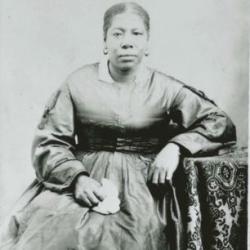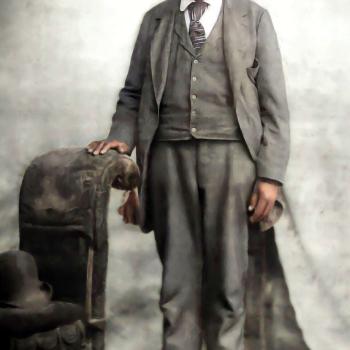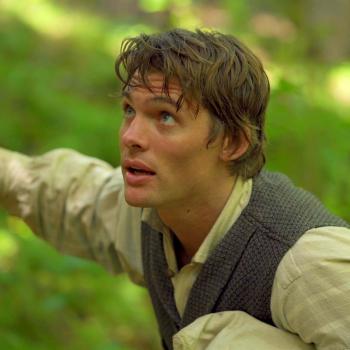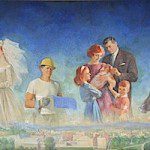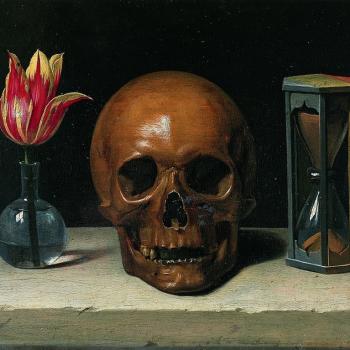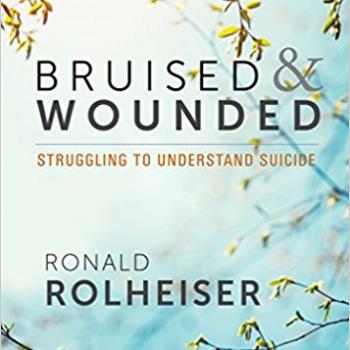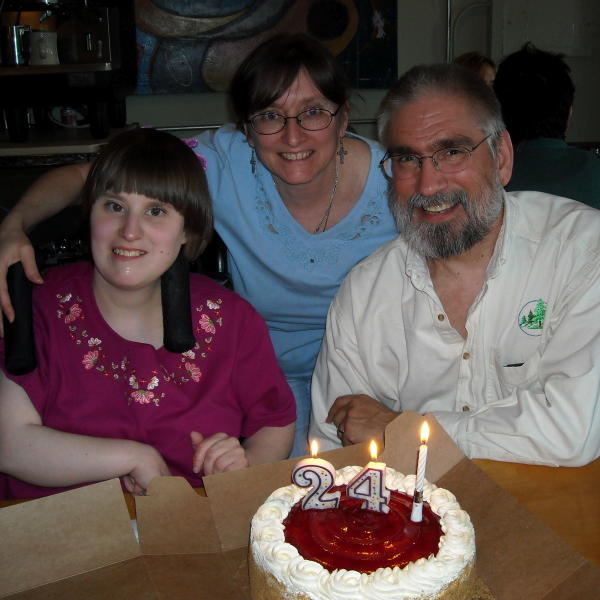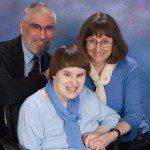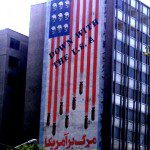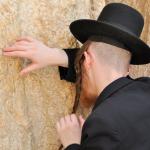First, the obituary…
Retired Major John D McColman, USAF, 89, passed from this life in High Shoals, Georgia, on January 15, 2013. A lifelong sportsman and devoted family man, John touched many lives through his quiet but warm personality, dry sense of humor, and compassionate character.
John D McColman (his birth certificate simply reads the initial “D” for his middle name, which was intended to be the name of his uncle, Dee) was born on June 15, 1923 in Avoca, Michigan. He entered pilot training through the US Army Air Corps in 1944. He married Sylvia Batina of Roosevelt, NY, on December 14, 1945. John returned to active duty with the formation of the US Air Force and served his country as a pilot for twenty years, including tours of duty in Greenland, the Philippines, and Viet Nam.
Along with his wife and children, John first moved to the Virginia Peninsula in 1961 and lived there for most of the following 47 years, moving to Georgia after the passing of his wife, in order to be close to two of his sons. While in Virginia, John was an active member of Gloria Dei Lutheran Church and the Laf-a-Lot Rod and Gun Club. With his wife, he spent many years camping and living the RV life, forming friendships wherever he went.
John was preceded in death by his beloved wife of 61 years, Sylvia; survivors include three sons, Donald E. McColman of Athens, GA; John C. McColman of Chester, VA; and Carl D. McColman of Stone Mountain, GA; two granddaughters, Elizabeth A. McColman of New Orleans, LA, and Rhiannon G. Wilburn of Stone Mountain, GA; one brother, Donald McColman of Port Huron, MI.
In lieu of flowers, the family suggests donations to Gloria Dei Lutheran Church, 250 Fox Hill Road, Hampton, VA, 23669; or another charity of your choice.
Funeral arrangements are pending. Interment will be in the Gloria Dei Memorial Garden, alongside his wife.
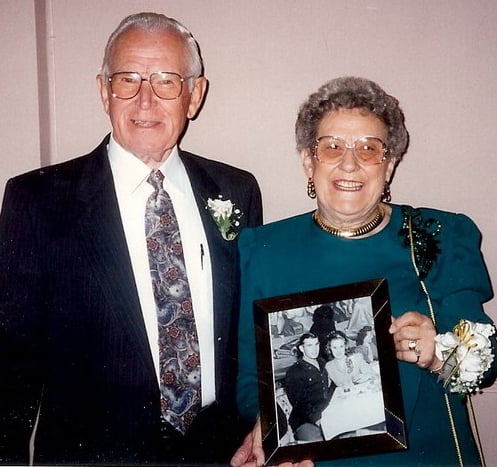
And now, a few thoughts…
“A man’s life changes when his father leaves this world,” wrote one of my many wonderful friends who took the time to share with me their thoughts, prayers and condolences yesterday. This comment seemed to particularly resonate with me, not because I am fully cognizant of what it means in my case — it’s far too soon to tell — but because my life, in toto, seems to be in an initiatory place right now. For one thing, I’ve been sick: I’ve had some allergy issues that have led to repeated doctor visits, and am just getting over a rather nasty bout of the flu (even though I had the flu shot; I was one of the “lucky” ones for whom vaccination didn’t help). Then there’s plenty of new ventures in my life now: within the last six months I began teaching in the Emory Continuing Education Creative Writing Certificate Program; on a personal level I have begun working with a new business coach and meditation instructor, and then there is the launch of my latest book, Answering the Contemplative Call — I received my author copies the same day my father began receiving hospice care. So my life is changing already at quite a clip. Losing Dad, even though not entirely unexpected and after such a long season of illness, strikes me as somehow cementing this as a time of significant transition. Where is it taking me? Stay tuned; we can be surprised together.
Dad went into hospice care on Friday, and then on Saturday a friend of mine died suddenly; a woman my age, active in her career and synagogue and the Atlanta interfaith community (how I knew her), leaving behind three wonderful sons and a stunned gem of a man who has just lost the light of his life. With my attention focused on my own health and my father’s decline and death, I haven’t been able to be there for my friend like I would like to be; but the enormity of his loss has remained present in my awareness, both giving my loss a sense of context but also paradoxically sharpening its sting. Granted, losing a parent after a long life and then an illness that afforded time to say goodbye is nowhere near as wrenching as the sudden, unforeseen loss of someone in their prime. But it’s still a loss. That lifeless body I saw in the funeral home in Athens on Tuesday is, by now, ashes in an urn. I’ll never hear Dad tell another story or a joke or enjoy the gentle silence of his quiet yet confident presence.
Dad was quite a storyteller, although never one to brag or exaggerate (like the old fellow in Big Fish). My father’s preferred way of telling a tale usually involved dry humor: he could spin a subtly amusing yarn, like the story of when he married my mother — a lifelong city girl from Long Island, NY — and they went driving off to Michigan so she could meet his family. Their journey included driving in rural, upstate New York after dark, and Mom was so innocent that, upon leaving a town and following the country highway into the dark of night, she turned to Dad and said, “There must have been a storm.” He asked her why she thought so, and she replied, “Because all the streetlights are out.” He had to break the news gently to his city-girl-bride that, no, streetlights did not extend out into the country.
It’s a charming little story, and when Dad told it, he had everyone in the room laughing — even Mom. For part of his genius was his ability to tell a story about someone without making fun of that person. Dad knew that this particular story was not about Mom’s ingenuousness so much as just the age-old collision of town and country, and that’s how he played it up. Even though as an introvert from the midwest Dad had a double-dose of reserve in his personality, he managed to communicate the depth of his love for the people in his life — Mom, his three sons, his family back home — and so, even when it was your turn to get skewered by his Gaelic skill at telling a witty tale, it always felt safe, fun, a good way to laugh.
Dad was a pilot, a hunter, a fisherman, a handyman around the house. He wasn’t much into team sports (another sign of his introversion), preferring the silence of the woods or the serenity of the water, where he mindfully pursued his prey. In using words like “silence” and “serenity” I am acknowledging perhaps the most important of the many gifts he gave me: the raw material for a contemplative way of being in the world. While I have taken this intuitive love of peace and quiet and pursued the teachings and practices of wisdom traditions like Christian mysticism or Tibetan Buddhism, Dad was more akin to what Thomas Merton called a “masked contemplative” — someone for whom an appreciation of the deep mystery of silence is not embedded in any type of religious practice, but just is. Dad and I never talked about meditation or contemplation, but we knew what it was like to be silent together, and that’s what ultimately matters most. He taught me how to be a contemplative, even though in 52 years I don’t think I ever heard that word cross his lips.
By affirming Dad as a natural, rather than religious, contemplative, I do not mean to imply that he lacked faith. My father had enough vestigial Scottish druidism in him to be able to unselfconsciously admit that he believed in ghosts; one time, when out for a walk and coming across a circle of mushrooms, Dad pointed and said, “look, a fairy ring.” But like the Celts of the old country, he wore the folklore of his ancestors easily within a Christian worldview. His mother was Methodist and father Presbyterian, but he was not raised with religious observance, and as a young officer in the Air Force he became disillusioned with organized religion after enduring an arrogant chaplain who preached an Easter sermon that criticized the “Christmas & Easter Christians.” Intuitively my father knew that hospitality trumped confrontation as the truest expression of the Gospel. But finally, when a Lutheran mission opened up in our neighborhood during my tween years, he and Mom and I (my brothers had left home by then) joined; eventually he became quite the churchman, teaching Sunday School and serving on the church council. His ashes will be interred, next to Mom’s, at that church which became the pole star of his spiritual life.
But Dad’s faith was never different from his personality as a whole, which is to say, quiet and reserved; clear in understanding that the surest mark of strength is gentleness, not aggression. He was a watcher: in social situations, or even just at a meal, he was comfortable keeping his peace and paying attention to what was going on. I got the sense that he rarely missed a trick. At the end of his life, ravaged by dementia, he seemed to relish when my brother Don and I would visit him together, and the two of us would chew the fat about politics or whatever else was on our minds. Once or twice when I would apologize to him for not including him more in the conversation, he would say, “No, really, I’m enjoying myself just fine.”
We certainly had our differences. Growing up in the 60s and 70s, a child of the counterculture, I eventually traded in hunting for vegetarianism, Lutheranism for neopaganism, and Dad’s fervent support of the NRA for the nonviolent philosophies of folks like Gandhi or Tolstoy or Thomas Merton. Mom was the Republican in the house; Dad’s politics had been forged in the blue collar world of the late 30s and 40s; but the second World War and a subsequent Air Force career made him a proud patriot, “my country right or wrong,” who eventually became so obsessed with the second amendment that he just didn’t know what to make of his hippie peacenik son. For much of the 80s and early 90s we kept our distance; I avoided family reunions and some years saw the folks only at Christmastime. But we experienced our own détente when, in 1992, I was in a bad car accident — and Mom and Dad, in their late 60s at the time, drove all night from Virginia to Tennessee to be at my side in the hospital. Not only did that gesture snap me out of my immature insistence that my parents be something other than what they were, but it also introduced them to a young woman I had just started dating, who the following summer would become my bride.
Mom and Dad loved Fran like she was the daughter they never had, and accepted her child Rhiannon, even with her profound handicaps, with love and genuine compassion. It became understood that when we visited the folks and went out to church or shopping or wherever, Dad was the one who would be pushing Rhiannon’s wheelchair. In becoming a family man, I found that I had something new to talk about with Dad: the joys and foibles of being a husband and, especially, a father. Although the miles separating Virginia from Georgia meant we only saw each other a few times each year, the five of us remained bonded through to Mom’s death, and beyond. Then, when my brother and sister-in-law tired of Virginia winters and moved to Athens, GA shortly after Mom’s passing, we arranged for Dad to come south too. In March of 2008 I went to Virginia to accompany him on his flight down. By then Dad had lived with Parkinson’s for over a decade and was beginning to experience a hallucinatory type of dementia (he often saw “invisible” kittens and puppies frolicking near him), meaning he could no longer drive and required an assisted living situation. The night before our trip, he was visibly agitated, which was not something I was used to seeing. “Are you okay?” I asked, and he said nothing. “Nervous about the move?” He nodded. It was a rare moment when the manly, deeply guarded hunter/pilot actually allowed himself to be vulnerable before his youngest son. I put my arm around him and said, “It’ll be okay.” “I know,” he replied, his customary confidence returning. And that was that. The next day we boarded a plane for what would be this old pilot’s final flight, and he never looked back.
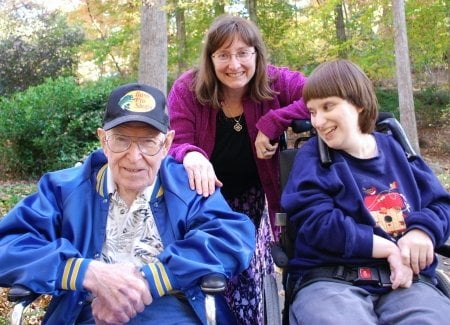
The first year he was in Georgia was a delight: we drove the sixty miles to Athens pretty much every Sunday, to take him to church and then out to eat and sometimes shopping or to places like the Georgia botanical gardens. But the progress of the dementia was inexorable. At first, we knew he was having a bad day when he complained about his mind being foggy. But eventually it got to the point where he complained about his foggy mind on a good day — for the bad days he was just lost in the confusion. But what amazed me was his spirit. He basically stayed upbeat, kind, and almost laid-back about his situation, even as life became more and more of an overwhelming, insoluble puzzle to him. Unlike Mom, who struggled mightily against her dementia, Dad just rolled with it. When he landed in a nursing home, surrounded by mostly young women who functioned as his nurses and caregivers, he flirted and charmed them, and they responded in kind. I lost count of how many of his caregivers told me they loved him over the more than three years he was in the home.
One of those nurses called me last week to report he had a fever and wasn’t eating. She wondered if we thought he needed to go to the emergency room. I suggested they care for him there (they gave him intravenous fluids), since we could always go to the ER later if his condition worsened. My brother got in touch, and the conversation led to the question of hospice care. “We think it’s time,” the nurse gently acknowledged. Soon it became obvious that not only was Dad not eating, but he wasn’t cooperating with his medicine either. With hospice, we shifted the focus to keeping him comfortable. My brother said, “Now that he’s in the end-game, you know he might go quickly.” Three days later he was gone. I had said, “Knowing him, I bet he’ll go when he’s all alone.” And that’s just what he did.
In 1964, Dad left Virginia for a several-month tour in Viet Nam. I was three years old, far too young to understand the implication of what was going on. But I’m sure I picked up on Mom’s, and perhaps even Dad’s, anxiety over what this separation could mean. We got to the airport and I threw a fit for the ages. I grabbed my daddy’s legs and began howling like a banshee. My brothers had to physically restrain me and carry me out of the room so Mom and Dad could say good-bye in peace. Now it’s almost fifty years later, and once again I’m saying good-bye to my daddy. This time I’m not screaming or howling (at least, not yet). But I think I’ve been holding on to Fran a bit tighter than normal. My friend whose wife just died suddenly has been telling everyone, “Be sure to tell those you love that you love them.” What important advice, and not just for those times when we are offering hospitality to death, either. That’s advice we need to hear — and heed — every day.
For some more photos of John D McColman and his family, click here. To read about a dream about John and Sylvia McColman that explores the spirituality of dying and suffering, click here.




